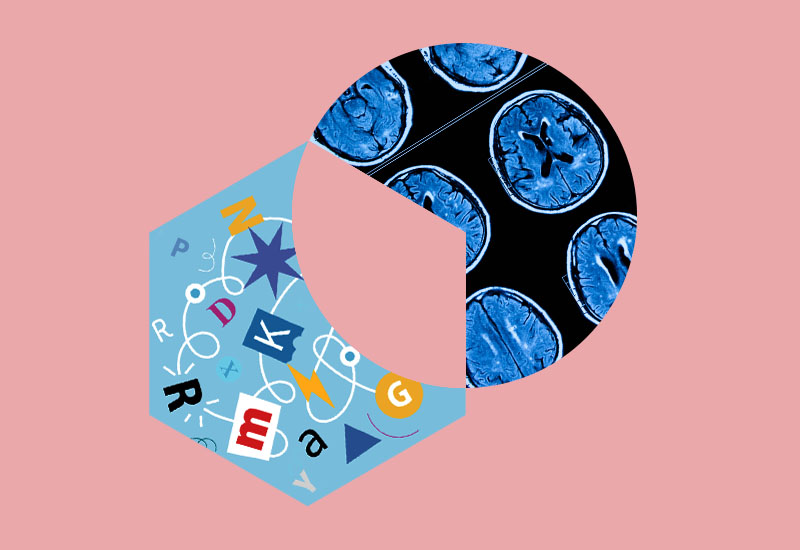About
Unlocking the secrets of language.
This unit, led by Dr Wendell Kimper, aims to give you a deeper understanding of how language works.
Language, Mind and Brain addresses the following questions and more:
- How do young children acquire language so easily?
- How is human language different from non-human animal communication systems?
- What are the similarities and differences between signed and spoken languages?
- Can the language you speak influence how you see colours?
Along the way, we'll examine evidence from babies, chimpanzees, and other animals, the birth of new languages, perceptual illusions, strokes and other brain injuries, intoxicated speech, swearing, and modern brain imaging techniques.

Unit details
What should I know about this unit?
UCIL10201 - Language, Mind and Brain
- Level 1
- 20 Credits
- School of Arts, Languages and Cultures
A similar unit is also available in semester 2 with an online delivery.
The unit introduces students to the foundational concepts in the study of language from the perspective of cognitive science. We will explore questions that are still a matter of debate in the field, critically evaluating both evidence and arguments. Students will come away with a deeper understanding of how language works, some of the principles governing the complex interactions between language and other cognitive dimensions (such as attention, perception, and thought), and a basic understanding of how language functions in the brain.
On successful completion of the unit you will be able to:
- Distinguish the differences and similarities between language and other communication systems
- Evaluate the role of the brain in developing and employing language, including key arguments surrounding issues such as modularity of mind
- Critically assess scholarly and scientific claims from the literature, and the arguments supporting them
- Engage in interdisciplinary group discussions to compare competing approaches and hypotheses, using evidence-based reasoning
- Research and prepare coherent written communications
Topics covered in previous years:
- Language as an Instinct
- Child Language Development
- Human Language vs. Animal Communication
- Language and Cognition
- Language in Use: Production and Perception
- Signed Languages
- Modularity of Mind
- Functional Localisation
- Brain Imaging
- Language and Neurodiversity
- 11 x 2 hr face-to-face lectures
- 11 x 1 hr face-to-face seminars
- Quizzes
- Discussion Forum Participation
- Example argument paragraph (formative)
- 500 word written exercise (30%)
- 1000 word written exercise (50%)
- Quizzes (10%)
- Engagement/reflection (10%)
- Dr Wendell Kimper
No prior study in psychology or linguistics is assumed.
UCIL units are designed to be accessible to undergraduate students from all disciplines.
UCIL units are credit-bearing and it is not possible to audit UCIL units or take them for additional/extra credits. You must enrol following the standard procedure for your School when adding units outside of your home School.
If you are not sure if you are able to enrol on UCIL units you should contact your School Undergraduate office. You may wish to contact your programme director if your programme does not currently allow you to take a UCIL unit.
You can also contact the UCIL office if you have any questions.
This unit is also available with a different course unit code. To take a UCIL unit you must choose the unit with a UCIL prefix.
How to enrol
UCIL units are designed to be accessible to undergraduate students from all disciplines. Depending on your School enrolment can be completed in one of two ways:
Enrolment using the Course Selection System
You may be able to enrol directly onto a UCIL unit using the Course Unit Enrolment System.
Enrolment via your School
If you cannot see the UCIL unit you wish to study or it is blocked out on the Course Unit Enrolment System you may need to request approval to study the unit directly from your School.
Please get in touch with the UCIL team at ucil@manchester.ac.uk if you have any questions.
Feedback
'Language, Mind and Brain' is one of the most holistically relevant units I have taken throughout my degree.
Maria Lambert
Biology with Science and Society


